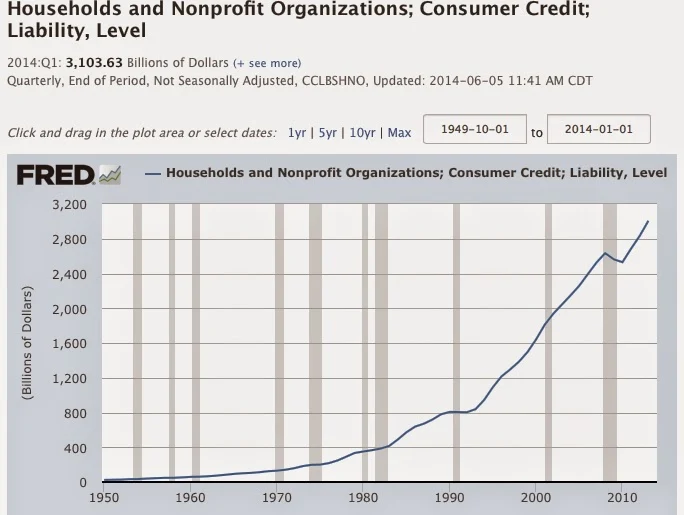From the Wikipedia article, here:
In 1921, Congress failed to reapportion the House membership as required by the United States Constitution. This failure to reapportion may have been politically motivated, as the newly elected Republican majority may have feared the effect such a reapportionment would have on their future electoral prospects. Then in 1929 Congress (Republican control of both houses of congress and the presidency) passed the Reapportionment Act of 1929 which capped the size of the House at 435 (the then current number). This cap has remained unchanged for more than eight decades. Three states – Wyoming, Vermont, and North Dakota – have populations smaller than the average for a single district.
The "ideal" number of members has been a contentious issue since the country's founding. George Washington agreed that the original representation proposed during the Constitutional Convention (one representative for every 40,000) was inadequate and supported an alteration to reduce that number to 30,000. This was the only time that Washington pronounced an opinion on any of the actual issues debated during the entire convention.
In Federalist No. 55, James Madison argued that the size of the House of Representatives has to balance the ability of the body to legislate with the need for legislators to have a relationship close enough to the people to understand their local circumstances, that such representatives' social class be low enough to sympathize with the feelings of the mass of the people, and that their power be diluted enough to limit their abuse of the public trust and interests.
---------------------------------------------
All the ancient American debates about this issue argue over ratios of 1 representative for every 15,000 or 30,000 or 40,000 or 50,000 of population. But today because of what the Republicans did in the 1920s, arresting growth of representation and fixing the number at 435, the ratio has soared to 1 for every 728,000!
If you wonder why your representative doesn't represent you today, that is why. He or she doesn't know who you are, or care.
If you want to fix America, fix that. We could start by doubling the size of the House, which means halving all the districts.
That sound you're hearing right now is Congressmen everywhere shitting their pants.




